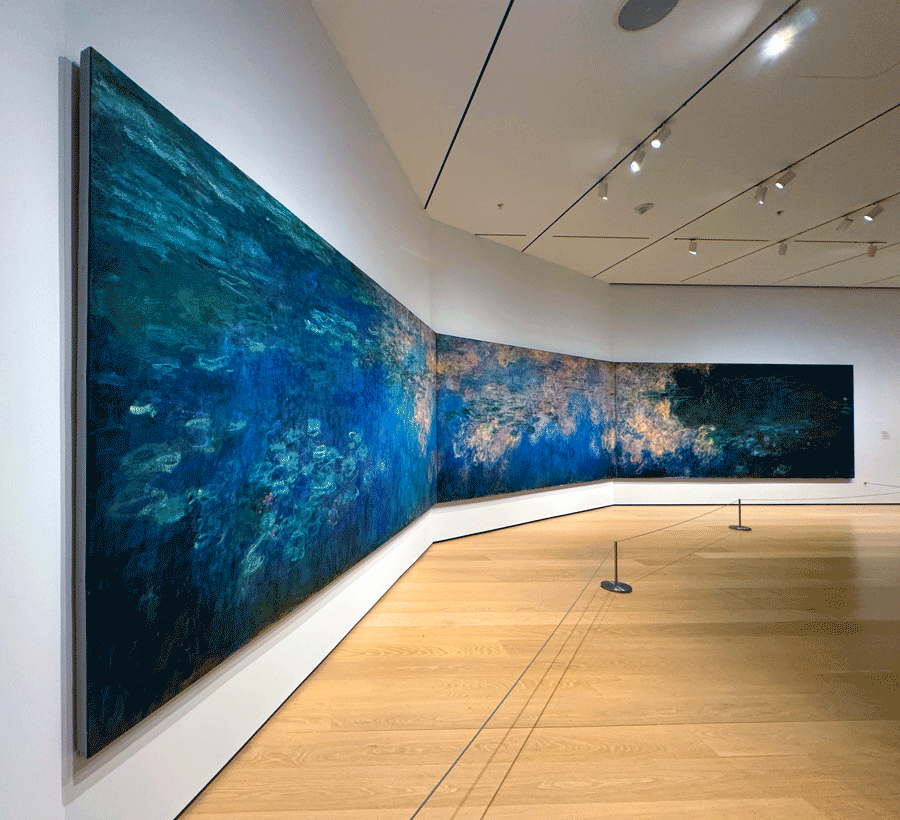This piece, initiated and commissioned by Marten Spangberg, is part of a larger project called “When The Museum is Closed” at the Musée d’Art et d’Histoire in Geneva.
All ideas are bad ideas. They are bad not insofar as they are impractical, useless, or lacking in any such respect. They are bad in that they are attached to something out of reach, somewhere else. Ideas are bad because they mask themselves as something mysterious, an out-of-this-world solution that should be employed by some strange agent inside the world we operate.
Never trust a man with a good idea. Good ideas are for poets and revolutionaries and we do not want to become those. Revolution is a resistance, with an exclamation point; a “save the world” type of word. What world? Whose world? Who is allowed to participate in that salvation which always ends up somewhat foggy, blurred in the mist of smoked cigarettes on the round tables and endless negotiations?
The world of art doesn’t belong to good ideas or those who have them. Neither does any world for that matter. The world belongs to the ones who are prepared to take responsibility for ideas, often other people’s ideas. Especially if those ideas are bad. The world belongs to those who are ready to show up when there is no big enemy to fight or ugly giant to take down. It belongs to those who show up the next morning, to clean the endless pile of coffee mugs, empty the ashtrays, repair the broken windows, and smile at the wounded.
The world is full of good ideas, of revolutionaries, of poets and visionaries, of dreamers, mystical cigar smokers, and one-night-standers. The world needs more of those who show up the morning after when there is nothing left to do but produce contingently different forms of care.
Stable personal relationships offer something truly unique in this regard. They offer more tangible and boring ways of constructing time and space for different forms of care. They are a proposal to remember, point out, and preserve certain moments in the past. By doing so, stable relationships promise that occasionally there are going to be moments worth remembering. That during everyday life, there are events happening after which things will not be as they were, something that almost creates a contingent past.
Stable relationships, similarly to “Personal History Museums,” treasure memories and past times. We can never talk about One history, or One time, as that would propose a position of decision-maker who determines what history is to be remembered, in which way it is to be practiced, and what information is allowed to generate which kind of knowledge of ourselves and others. This is what is often called a position of privilege.
There is a form of time to be experienced as the past happening now. In that way, temporarily escaping the logic of stable relationships. It is an event colloquially referred to as “good times”. A form of a romanticized view of history. Something which is not yet the official memory but has not been dismissed as illusory either. It is also a time where it is not only important to know who was there to be a part of it. It is also a temporality formed around the idea of those who missed out on it. The ones who couldn’t come, the ones without whom the good times would not have been possible in the first place.
Good times are presumably ones that you have outside the stable relationships or “Personal History Museums”. Outside the institution and outside structured behavior. Good times are almost always outside what makes a museum of history and our personal relationships stable.
Entering the stable relationship or the museum one finds themselves in a moment of not yet complete separation from the domain of the everyday or mundane behavior, and not yet inside the museum, the institution where the art resides and where miraculous experiences can happen. The moment of being there, just before entering, standing on the doormat, before the influence of expectations as expectations have yet to be formed. When permanent relationships and history museums are closed their utilitarian function of remembering drops to zero. It is also a time when we can think of inevitable forms of openness: ones that are prominently open and are prepared to stay open regardless of the working hours of the museum. Contingency is not interested in coffee breaks, cleaning schedules, lunch times, administrative budget cuts, or movement of the earth and sun. It lifts the burdens of good ideas and good times because It allows for a perspective from which it is possible to change the existing power dynamic and refute the retroactive experience of time.
